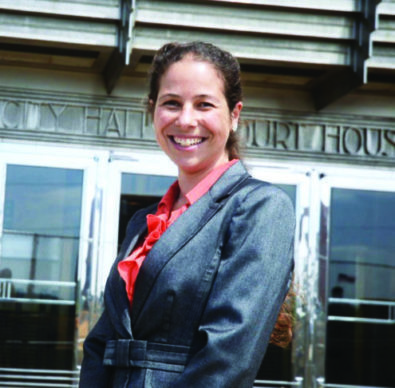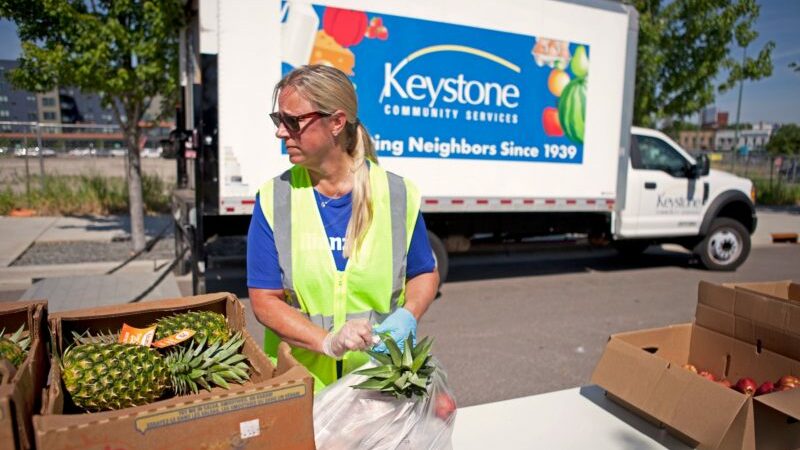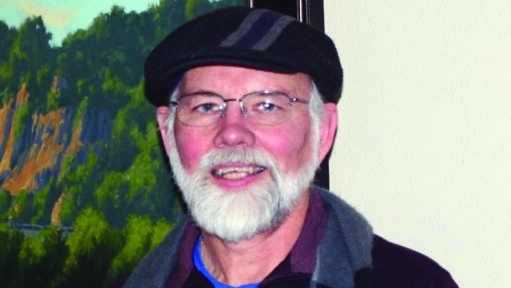Wonky policy changes make biggest impact
Rebecca Noecker
City Council Member, Ward 2
columnist
One of the ironies of local government is that the really important stuff rarely makes the news.
Ribbon-cuttings, program launches and controversial tweets dominate the headlines, but it’s often the mundane, wonky policy changes that make the biggest impact—and don’t garner much attention.
One such change is happening now, as we revise the city’s Class N licensing process. Class N licenses require public notice because the business requesting the license is likely to have more of an impact on its surroundings. Businesses that require Class N licenses include auto body repair shops, gas stations, health clubs, venues that sell liquor and more.
I got interested in our licensing processes after hearing from small business owners about how complex and burdensome our requirements are, especially compared to other cities. Owners shared with me how many of them faced months of back and forth messages with city planners, paperwork, appeals and other obstacles just to open or expand.
When businesses have trouble getting licensed, it’s not just a problem for our economy—it affects our neighborhoods too. Some of the most precious places in our city are the coffee counters, barber shops and sidewalk cafes where we go to meet neighbors, celebrate special occasions or just see friendly faces. When we think of what gives our neighborhoods their unique character, it’s often these small, local establishments.
Right now, our Class N licensing process is a serious obstacle for small business owners. Businesses applying for a Class N license have to petition neighboring properties for support–a process that was burdensome and inequitable before the pandemic and now has become even tougher since. Businesses trying to open in neighborhoods where people work more outside of the home or speak a language other than English have an especially hard time. After petitioning, aspiring business owners have to wait 30-45 days to see if there are any objections to their application. To avoid this onerous delay, many businesses apply to their district councils to waive the waiting period, creating more work for overburdened district council staff.
We’re proposing to improve the process in a number of ways—most notably, by eliminating the petition requirement and shortening the waiting period to 15 days. This means it will take the average business half the time to get a license and start serving customers.
There’s always a risk of going too far toward deregulation and removing important safeguards that ensure businesses will be good neighbors. So we’ve added a requirement that businesses notify their district councils before their license application is deemed complete and notifications will still be mailed out to neighbors so residents have a chance to register objections. Should a business become a public nuisance or otherwise endanger public health or welfare, the city can impose additional license conditions to correct the problem at any time.
Taken together, these changes reflect a fundamental and important shift in how we view our small businesses. Rather than assuming they’ll create problems and requiring them to jump through hoop after hoop before they ever put out their shingles, we’re now operating on the assumption—backed up by evidence—that most businesses are good neighbors and they should be given the chance to prove themselves without spools of red tape from the very start.
These changes may not make the news, but they should make it a whole lot easier for businesses to open and thrive in St. Paul—which is good news for all of us.
Rebecca Noecker, Ward 2, 15 Kellogg Blvd. W 310-B City Hall, St Paul, MN 55102; 651-266-8620; ward2@ci.stpaul.mn.us




